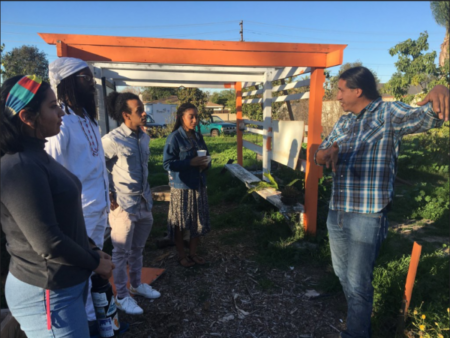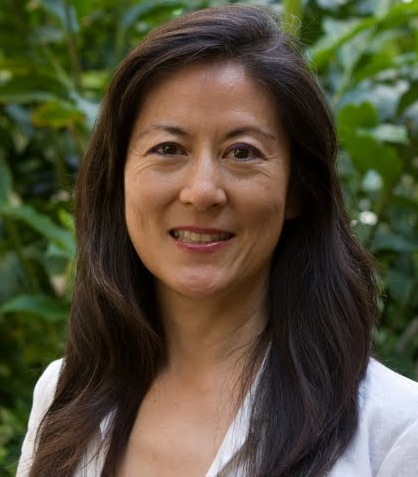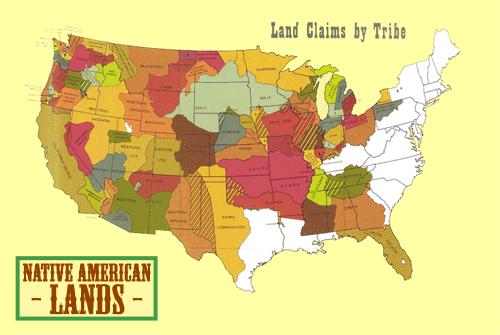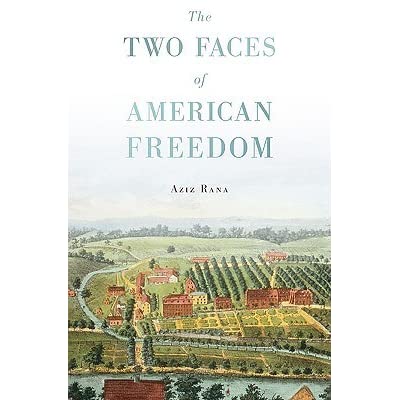
Excerpt: How to Vaccinate the World
On Oct. 13, 2021, the LPE Project and the Global Health Justice Partnership sponsored a panel discussion about How to Vaccinate the World. In the following excerpt, which has been lightly edited for length and clarity, the panelists discuss the development of mRNA vaccine manufacturing capacity in Africa and whether the U.S. government has done enough to encourage pharmaceutical companies to transfer their vaccine technology to countries that need it.







